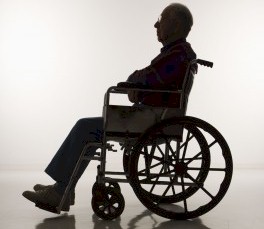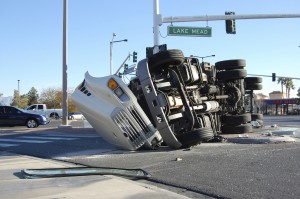Are you the victim of a medical error? Instead of making a medical problem better, did a medical professional make it worse or create a secondary problem? In short, if you are experiencing adverse effects from the care received, a medical error may have occurred. It is natural to wonder what happened, why it happened, and what can be done about it; however, doctors rarely admit they made a mistake. A qualified medical malpractice attorney will be able to evaluate the facts and circumstances surrounding the potential medical error and inform you whether you have a case or not. In the meantime, some basic information about medical errors may be helpful.
According to a 2002 Agency for Healthcare Research and Quality report, medical errors affect one in ten patients worldwide, and one in five Americans claim that they or a family member have experienced a medical error to some degree. A medical error, simply put, is a mistake made in the treatment or care of a patient by a healthcare professional. Medical errors may include – but are not limited to — delayed diagnosis or misdiagnosis, incorrect administration of medication, surgery on an incorrect site or surgical instruments left behind, incorrect blood type error, or poor record-keeping that results in incorrect care. Other situations may include subpar care, or unnecessary procedures. Of course, there are many reason given why events like these occur, including human error and system breakdowns, and not all medical errors result in medical malpractice.
More often than most people realize, however, a medical error does rise to the level of medical malpractice. Healthcare professionals are not expected to be perfect. Instead, they are held to a standard of care that requires them to provide the same care that anther healthcare professional in the same situation would provide. In other words, doctors are compared to other doctors when determining if negligence has occurred. Because of the complex nature of medical malpractice lawsuits, only an experienced medical malpractice attorney can evaluate the specifics of your case and determine if you have the basis for a lawsuit.
It is important to note that there are statute of limitations that could bar your from pursuing a lawsuit if you wait too long. In Michigan, the professional malpractice statute of limitations is two years. According to the law, actions must be filed within that two-year period, or within six months of discovery to a maximum of six years following the date of the act or omission that brought about the injury. And if the adverse affects were not immediately recognizable, the “discovery rule” allows a suit to be filed within a timeframe after the injury is discovered. Furthermore, if the child was a minor, there are yet more laws in place to protect their right to suit.
If you need additional information, or have specific questions or concerns, contact an experienced Michigan malpractice attorney as soon as possible.






